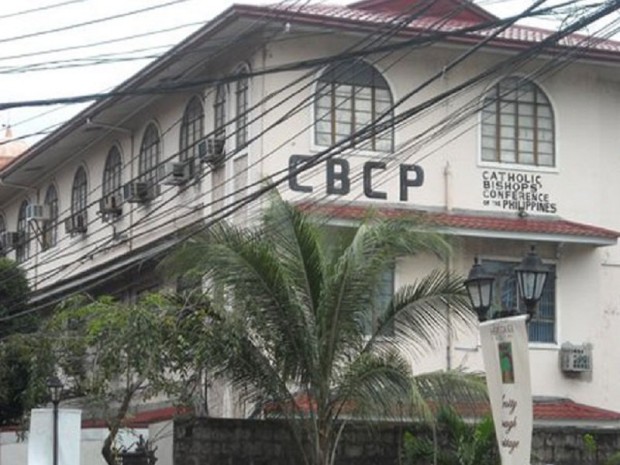MANILA — The Catholic Bishops Conference of the Philippines and a crime watchdog group has agreed on “mutual respect” regarding their opposing views on the reinstatement of the death penalty.
This was after the Volunteers Against Crime and Corruption sought a dialogue with the CBCP to discuss the death penalty bill and the plight of victims of heinous crimes.
“This is not to prevent one another from believing what they believe in, but we will respect each other’s position,” said VACC founding chairman Dante Jimenez said.
Representatives of the CBCP and the VACC met on Monday morning, with the crime watchdog group explaining its pro-death penalty position to the CBCP.
Earlier this month, the VACC asked to meet CBCP president, Archbishop Socrates Villegas on the death penalty bill, which was approved on third and final reading in the House of Representatives.
Villegas was not present at the closed-door, two-hour meeting at the CBCP’s office in Intramuros, Manila. The CBCP has firmly opposed efforts to reinstate the death penalty for heinous crimes.
CBCP secretary general Fr. Marvin Mejia, Fr. Jerome Secillano of the Permanent Committee on Public Affairs, and Rodolfo Diamante of the Episcopal Commission on Prison and Pastoral Care represented the CBCP in the meeting.
In an interview with reporters, Jimenez described the meeting as very cordial and respectful despite tackling a very sensitive issue.
He added that the VACC came to the CBCP to reach out, as he welcomed the CBCP’s assurance that they would respect the death penalty bill if it became law.
“But of course they said it will not also stop them from monitoring and criticizing it. What is important is the mutual respect, we’ll continue with the dialogue,” Jimenez said.
In this October 2016 file photo, Dante Jimenez, chair of the Volunteers Against Crime and Corruption, and lawyer Ferdinand Topacio file a case against Sen. Leila de Lima and seven others for their alleged involvement in the narcotics trade inside New Bilibid Prison. — (INQUIRER FILE PHOTO BY MARIANNE BERMUDEZ)
He cited as an example the Church’s blocking efforts on Republic Act 10354 or the Responsible Parenthood and Reproductive Health Act of 2012 before the Supreme Court.
As a result, the Supreme Court has issued temporary restraining orders banning the subdermal implant contraceptives and the re-registration of the contraceptive products.
“That’s their right, but of course we victims have the right to exert all efforts to convince other institutions to hasten this (death penalty) bill,” Jimenez pointed out.
He noted that while the passage of the death penalty bill would be the best case scenario for the VACC and a worst case scenario for the Church, this would not mean that the two parties would stop talking and cooperating in certain areas.
“The cooperation in rehabilitating inmates, restitution, restoration and psychological support for convicts, that will come into play. The CBCP said they have many existing programs in which they will include the VACC to be their partner,” Jimenez said.
Secillano said the dialogue included some initial discussion on how the two groups might cooperate to help the victims of crimes.
“We empathize with them as victims of crimes… Maybe we can work on having interventions for victims of crimes, counselling and spiritual approaches,” he told reporters.
He added: “This is initial and nothing final yet. The good thing is this is the first step in the right direction.”
According to Secillano, the Church is obliged to preach its teachings on the ethic of life.
“You have to understand that the Church preaches about hope. The Church is the symbol of hope in the world. And if you expect the Church to support the death penalty, that’s actually cutting the last iota of hope,” Secillano stressed.
During the meeting, the VACC also gave a letter entitled: “VACC appeals to CBCP for understanding” in which the group explained its arguments for supporting the death penalty bill.
The crime watchdog group claimed that the “legal tactics, sensationalizing issues and pressure by the Catholic Church derailed the death penalty law implementation.”
“In effect, the envisioned deterrent component of the law was never realized because of radical opposition,” part of the letter read.
The VACC added: “We beg that the CBCP also look after the welfare of our victims by criminals because the death penalty, if judiciously, religiously and consistently be implemented could benefit our people in maintaining peace and order in our various communities.” SFM
